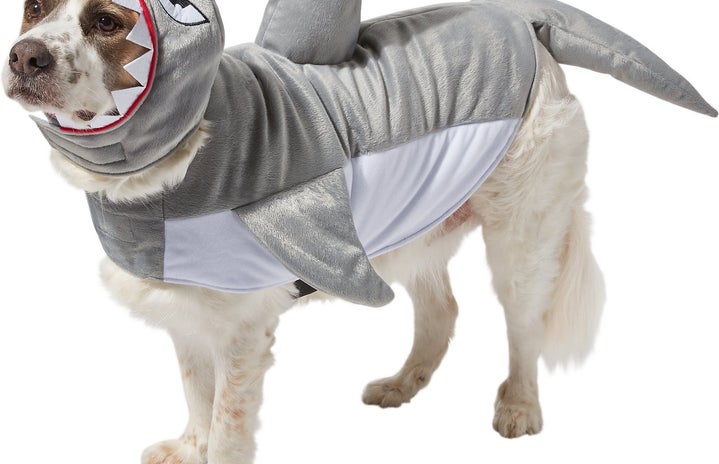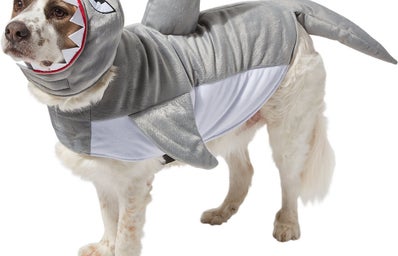Evolution is, and has always been, a hot topic of debates for centuries. Thanks to Charles Darwin and his exposé called On the Origin of Species, published in 1859, the theory of evolution was put on the map.
Before we take a deep dive into some common misconceptions, and you end up re-examining your views on evolution, I want to make sure you have the correct definition of what evolution is:
Evolution is the change of allele frequencies in a population over generations.
Okay, so it turns out it’s not as easy as “one organism turns into another organism, and, BAM, new species.” So, let’s break it down even more. An allele is just a copy of a gene. You have two alleles for every gene; one from each of your parents. A gene is a section of DNA that codes for something.
A population is a group of interbreeding individuals, also commonly referred to as a “species.”
This is the definition we’ll be using in this article, so just roll with me for a bit because now that you have a working definition, I’m here to tell you that what you thought you knew is wrong! Yay!
- Evolution is just a theory
-
So, technically this is correct, but not in the way you think. I know, I know. You’re sighing with disappointment. I’m already breaking my promise.
Yes, evolution is a theory, but not in the “I have a theory that if I drink enough Cool Blue flavoured Gatorade, I will pee blue.” That is a hypothesis. Test it out, and then get back to me.
A theory, in the scientific community, is “a well-substantiated explanation of an aspect of the natural world that can incorporate laws, hypotheses and facts” that has been tested multiple times.
The theory of evolution has been tested and witnessed over, and over, and over again.
Pick a new argument and move on.
- Evolution is the same thing as Natural Selection
-
Keep in mind our previous definition when we go through this one.
Evolution isn’t natural selection; natural selection is a mechanism of evolution.It’s what causes the change in allele frequencies.
Darwin defined natural selection based on two main ideas: there is an overproduction of offspring, and individuals are variable.
Ok, wow. I just threw a bunch of words at you. Think of it like this: you have 19 siblings, all of whom are very, very different from you. Your mom bought a very limited number of donuts. The struggle for existence comes from the sheer number of competitors you have standing between you and the sweet, sweet victory that is the apple fritter in that box. The variance in you and your siblings gives each of you an advantage or a disadvantage, changing your chances of getting the donut.
Make sense? Good.
Let’s apply it to nature: You are one of four birds trying to get a worm, which is needed for you to survive. You’re lucky enough to have a mutation that the others don’t, which allows you to move faster than the others, and you get the worm. You survive and pass your genetics off to your kids, who then also become these fast birds.
This is natural selection. If this pattern continued, and it changed the frequency of certain alleles, that would be evolution.
- Natural Selection acts for the “good of the Species”
-
Beavers would benefit from chainsaw teeth, but that’s never going to happen. Natural selection acts on the individual and weeds out the unfit, like a first-year engineering course. Since the unfit individuals are not in the population, the more fit individuals persist. If they persist, they leave more offspring.
If natural selection had a “sense,” I’m pretty sure it would make sure that sloths don’t starve to death on a full stomach, but I don’t see that happening.
- Darwin is the Father of Evolution
-
Plot twist! Darwin wasn’t the father of evolution, but he did make a big contribution to the field. Despite his nickname as Father of Evolution, he didn’t create the field. Ideas about how species and humans came to be had been circulating for years prior to his release of On the Origin of Species. Even his grandfather was talking about it!
Charles Darwin came up with the mechanisms for evolution, not the idea itself. He held onto his ideas for 20 years to ensure he had enough evidence before publishing On the Origin of Species. And boy, did he ever. His collection of specimens could put hoarders to shame.
- Evolution Always Results in a New Species
-
Speciation is the creation of a new species due to evolution. It’s caused when a population is isolated, then they adapt to their specific environment, and when reintroduced (called secondary contact), they don’t recognize each other as a viable mate.
Evolution doesn’t always happen on a big scale. Even something as simple as the frequency of the allele for blue eyes increasing is considered evolution. As cool as making a new species is, it’s unlikely that we’ll witness a major change in our lifetime.
Sorry to burst your bubble. At least you learned something!


